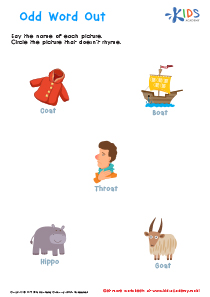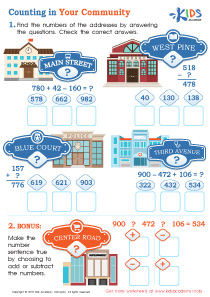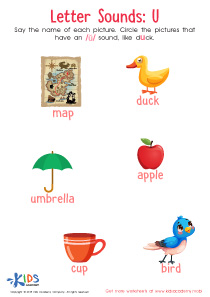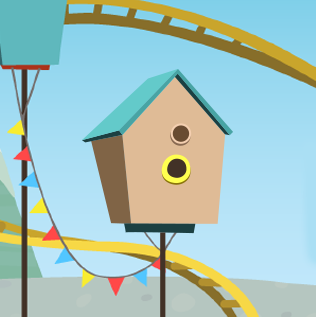English Language Arts Lessons | Nouns and Pronouns, Grade 2
4 results
Discover the world of Nouns and Pronouns with our engaging and interactive lessons for Grade 2 children! Our lessons are designed to introduce children to the concept of Nouns and Pronouns in a fun and engaging way. Our interactive worksheets and educational videos will help children understand the difference between Nouns and Pronouns, and how to use them correctly in sentences. Our assessment quizzes will help to reinforce learning and test children’s understanding of the topics covered. At the end of these lessons, children will be able to identify and use Nouns and Pronouns correctly in their writing. Don’t delay, sign up today!
Nouns and Pronouns are two of the most fundamental concepts in the English language. It is essential that children learn this early on in their academic journey to ensure they have a strong foundation in their language skills. Our Nouns and Pronouns Lessons for children in Grade 2 have been designed to make this process engaging and exciting for the kids. The lessons consist of interactive worksheets and sometimes educational videos and assessment quizzes to enhance learning. In this article, we will outline how these lessons can be helpful to kids in their studies.
Firstly, our Nouns and Pronouns lessons provide children with a better understanding of sentence structure and grammar. When children learn about nouns, they are introduced to the basic elements that make up sentences. This knowledge helps them to understand subjects and predicates, which are the building blocks of a sentence. When studying pronouns, they learn how to replace nouns with more convenient words like 'he,' 'she,' and 'they,' making sentences more concise and easier to read. Understanding this fundamental concept early on can be helpful in the long run as it helps kids develop strong writing and reading skills.
Secondly, our Nouns and Pronouns Lessons also teach children how to express themselves better. With a solid understanding of nouns and pronouns, kids can write more descriptive sentences, which can improve their storytelling. They can also use pronouns to give new information without sounding repetitive, making their writing more engaging. Expressing oneself coherently is an essential skill for academic success, and our lessons can help children achieve this.
Thirdly, our lessons provide an opportunity for children to learn at their own pace. With interactive worksheets, videos, and quizzes, children can take their time, repeating the studies until they are confident in their understanding. This approach provides an excellent opportunity for them to build upon their knowledge and retain what they have learned.
Lastly, our Nouns and Pronouns Lessons can also help children build their confidence. As they learn and practice, they will become more comfortable with their language skills, which can build their confidence. This confidence can then transfer to other areas of their academic life, as they are more likely to participate in discussions, write their thoughts down, and speak up in class.
In conclusion, our Nouns and Pronouns Lessons have been designed to make learning engaging and interactive, which can improve the retention of knowledge. Not only does this lead to stronger language skills, but it also builds confidence and abilities in other subjects.



















